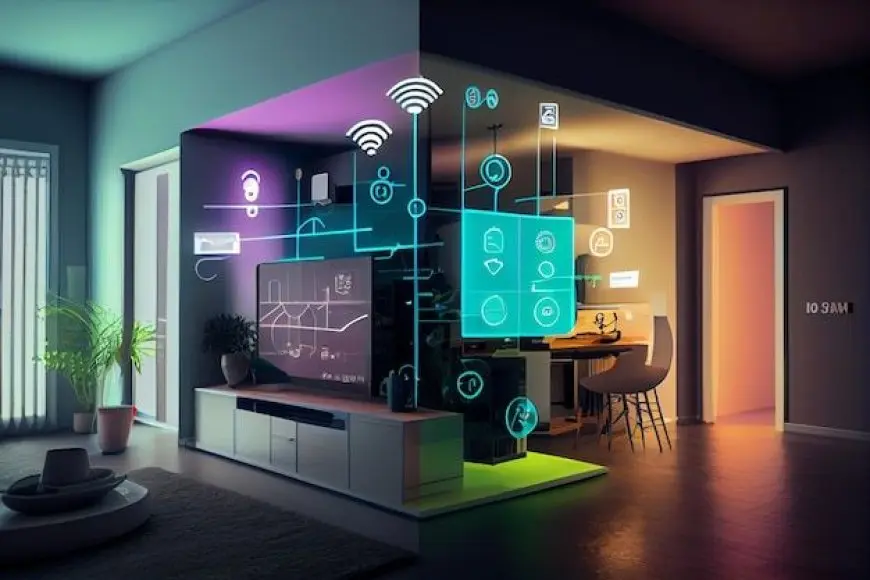"Exploring the Future of Home Automation"
"Exploring the Future of Home Automation"

Exploring the Future of Home Automation
The future of home automation is shaping up to be both exciting and transformative, promising to make our living spaces smarter, more efficient, and tailored to our needs. With advancements in technology, homes are no longer just shelters but dynamic environments that respond to our preferences, habits, and even emotions.
At the core of modern home automation is connectivity. The rise of the Internet of Things (IoT) has allowed various devices and systems in the home to communicate seamlessly. From smart thermostats that learn your ideal temperature settings to lighting systems that adjust based on the time of day, connectivity ensures a harmonious integration of technology into daily life.
Voice control is another revolutionary feature driving the future of home automation. Virtual assistants like Alexa, Google Assistant, and Siri have made interacting with smart devices more intuitive. These systems allow users to control everything from lighting and security to appliances through simple voice commands, making technology accessible to all age groups.
Energy efficiency is also a central theme in home automation's evolution. Smart home systems now include features like automated blinds, energy monitoring, and appliances that operate during off-peak hours, all aimed at reducing energy consumption and lowering utility bills. As environmental consciousness grows, these systems provide an effective way to live sustainably without sacrificing convenience.
Security is another area where home automation is making significant strides. Smart security systems equipped with cameras, motion sensors, and remote access ensure peace of mind, allowing homeowners to monitor their properties from anywhere. Advanced systems can even distinguish between family members, pets, and intruders, providing tailored responses to different situations.
One of the most innovative trends is personalization through artificial intelligence (AI). Modern home automation systems analyze data about users’ preferences to offer tailored suggestions. For instance, a smart kitchen can recommend recipes based on available ingredients, or a media system can curate entertainment options that align with the household's tastes.
As home automation evolves, it is also becoming more accessible. Modular systems and wireless technology allow users to start small and expand their setup over time. This flexibility ensures that home automation is no longer a luxury but an option for all types of households.
The future of home automation is about more than just convenience; it’s about enhancing quality of life, promoting sustainability, and creating homes that adapt to our needs. As technology continues to advance, we can expect homes to become even more intelligent and integrated into our lifestyles.







